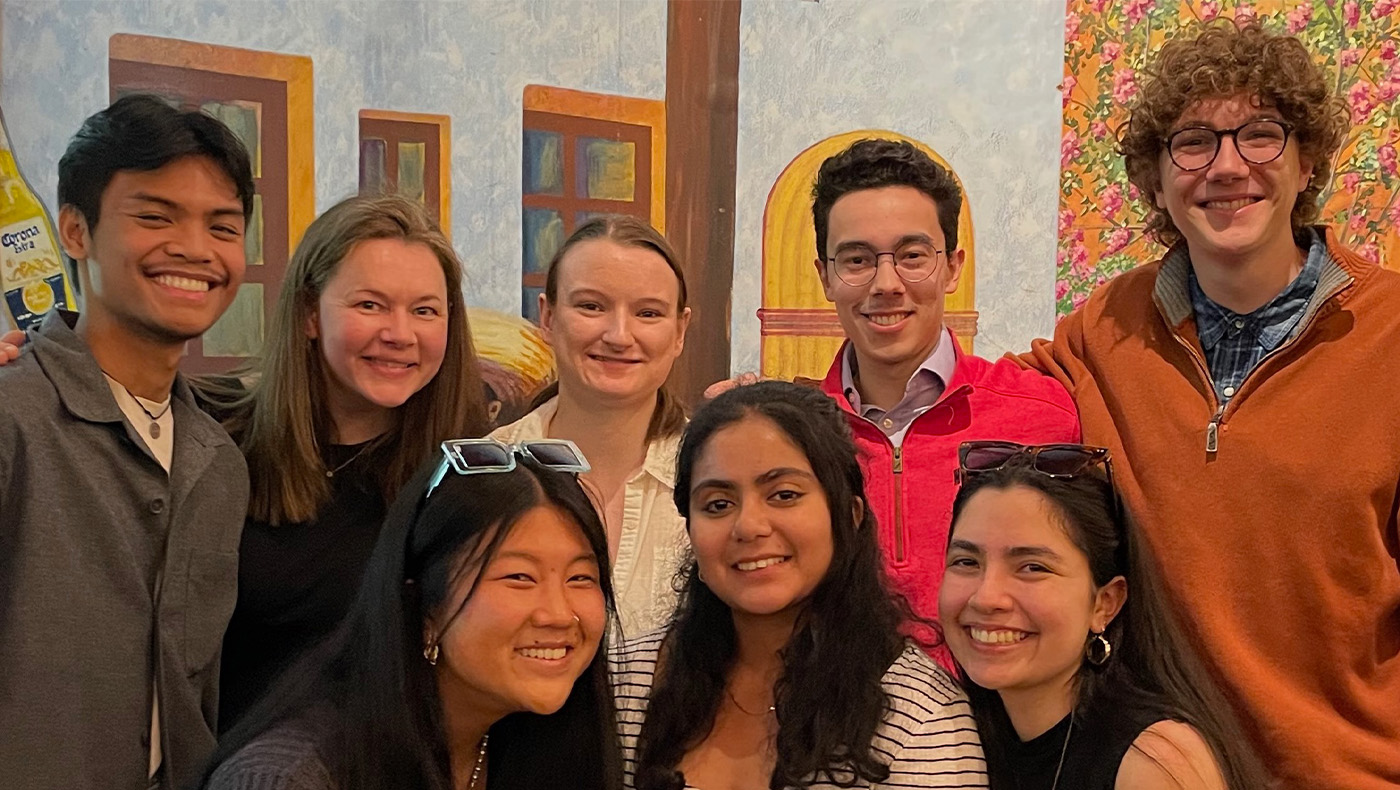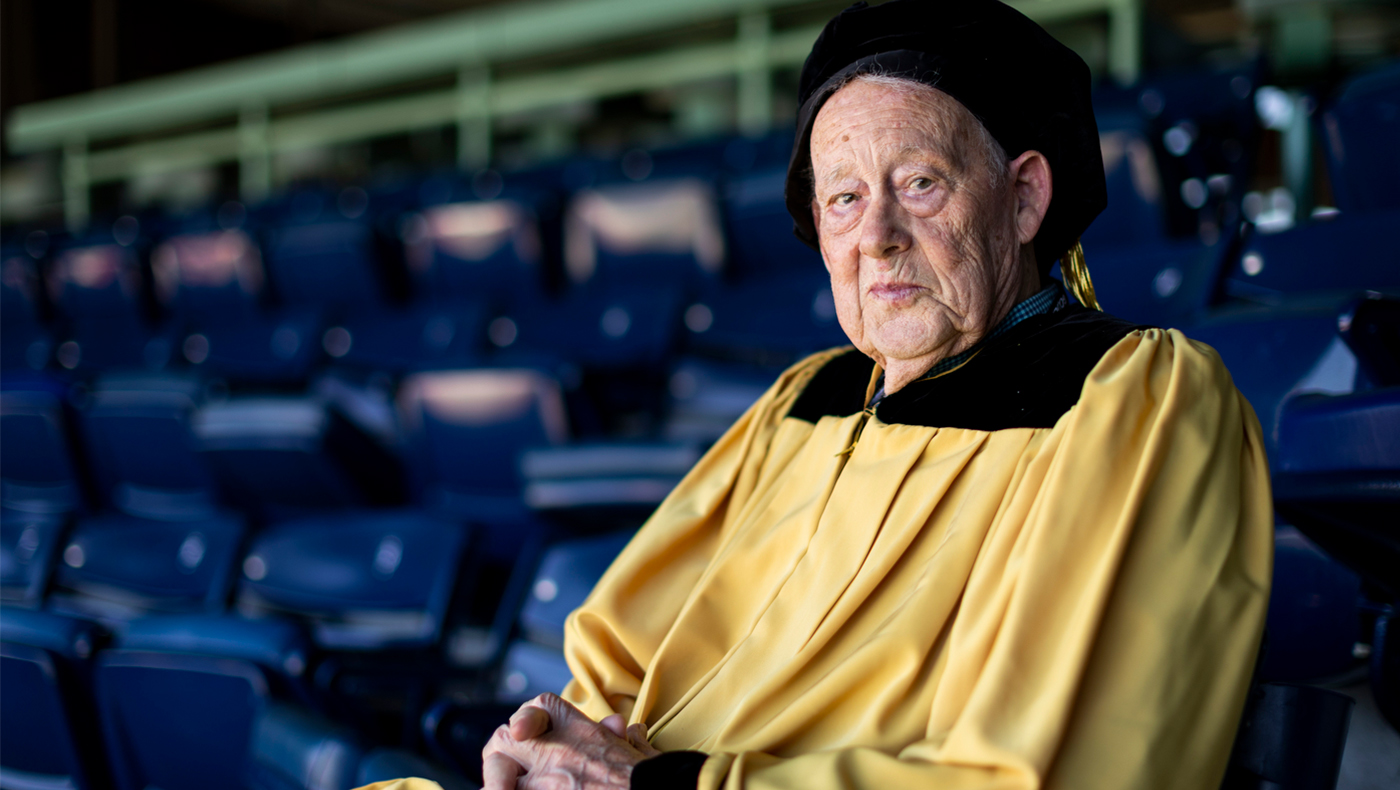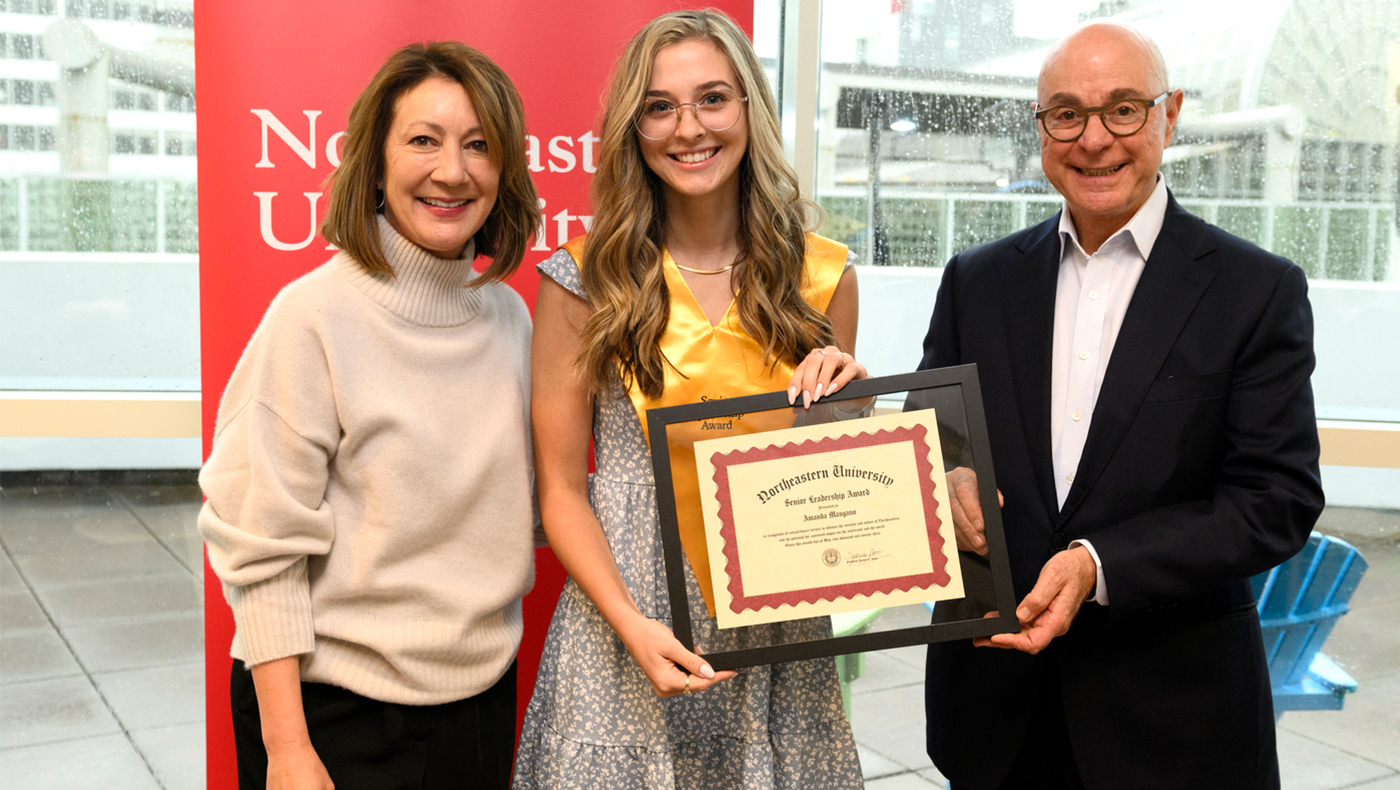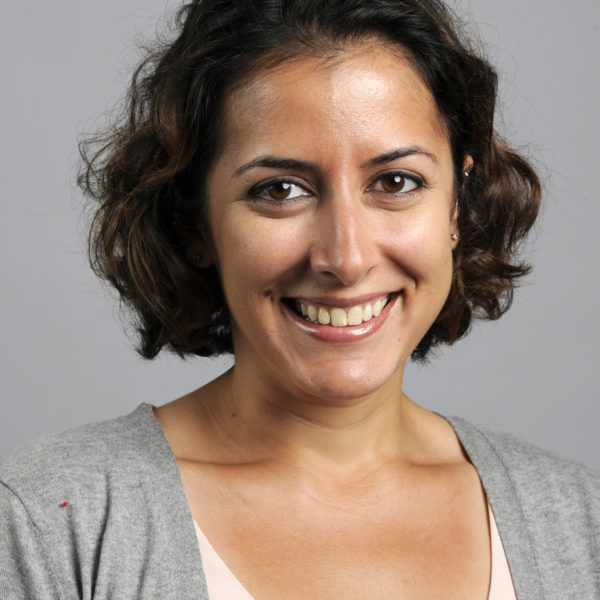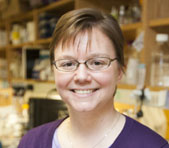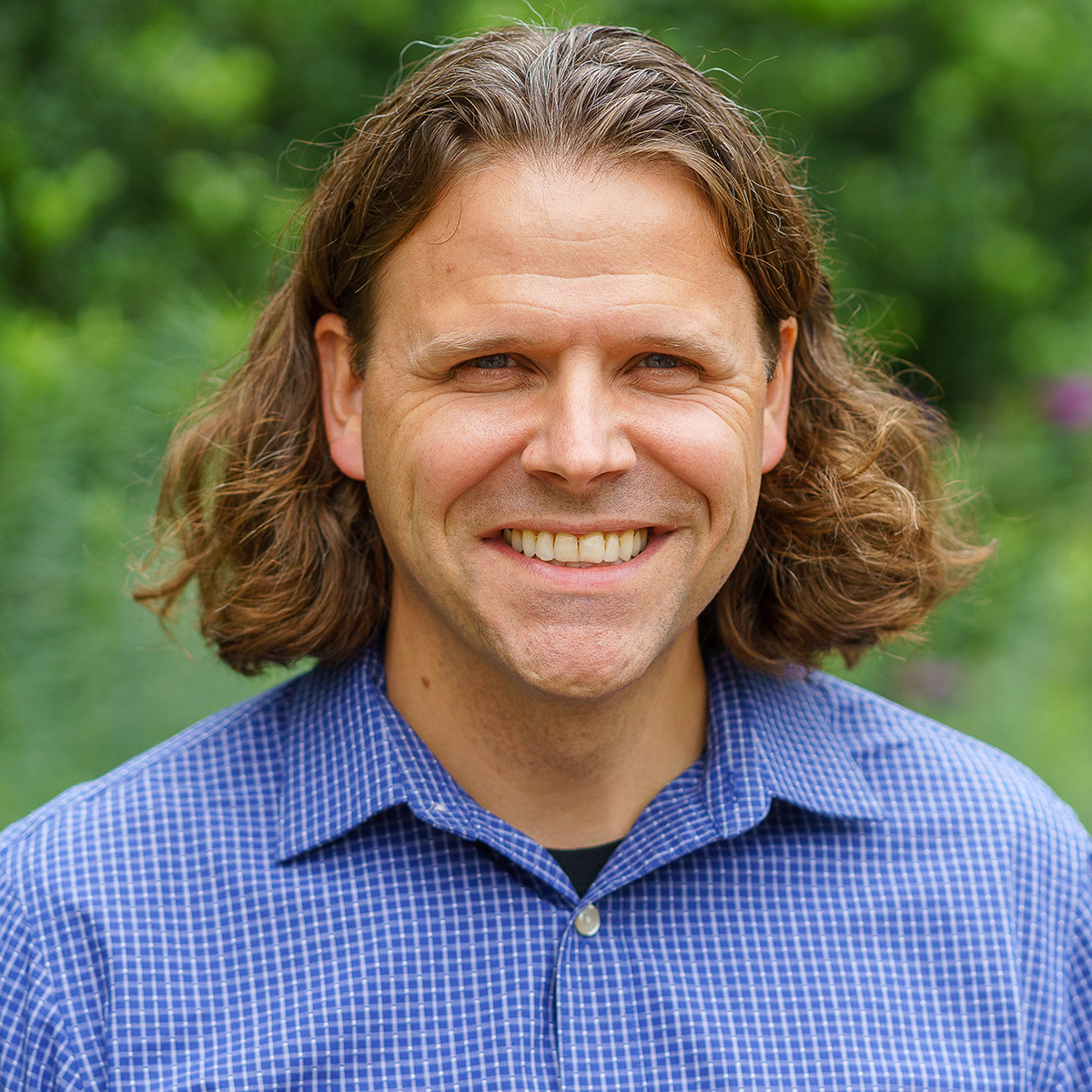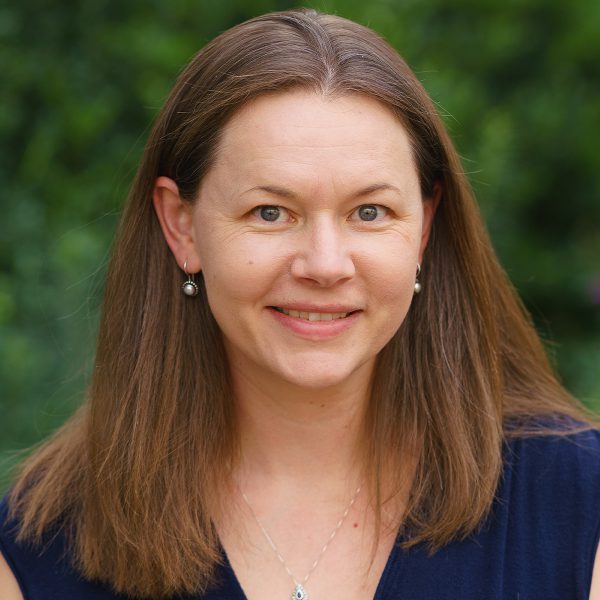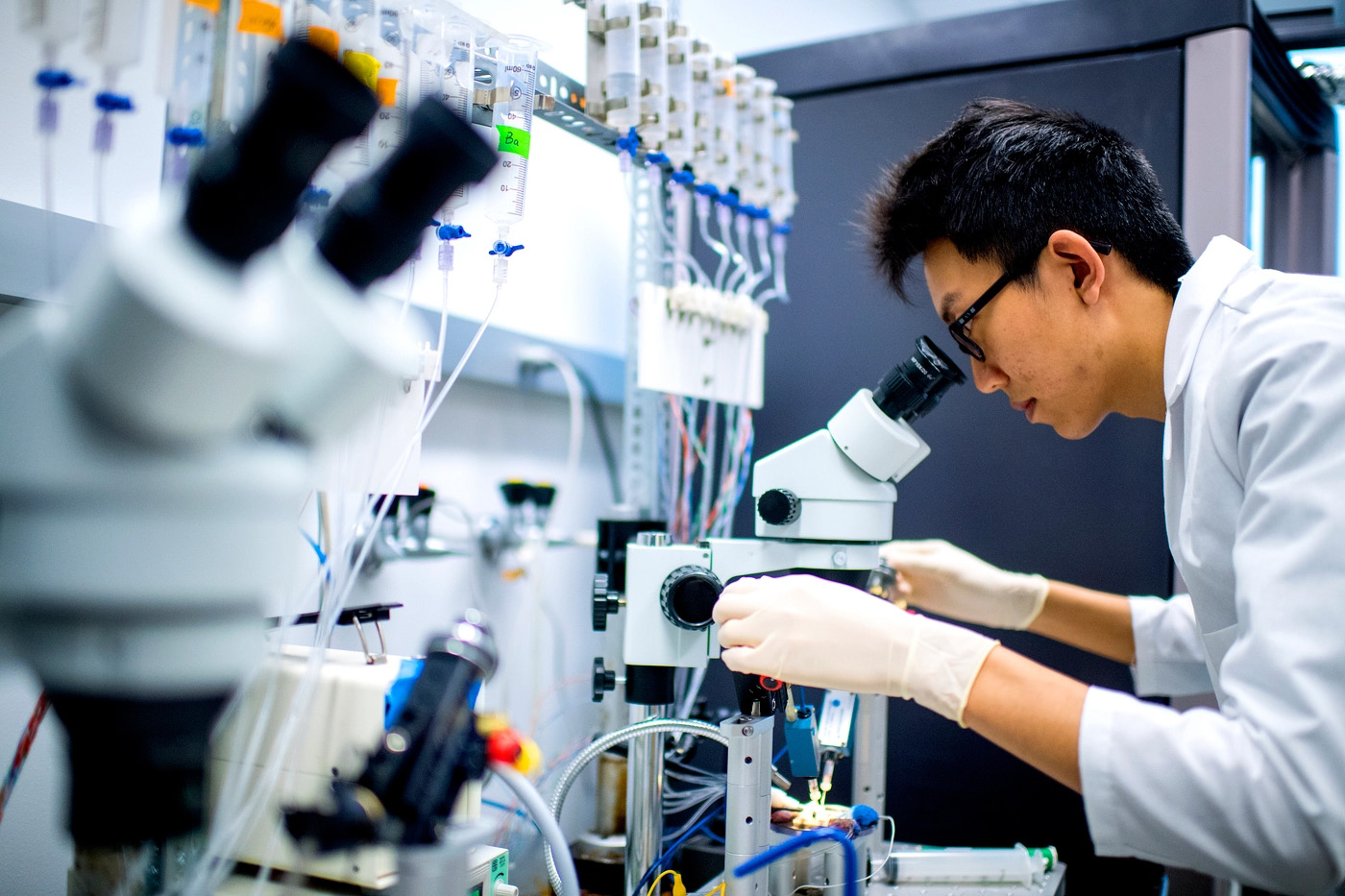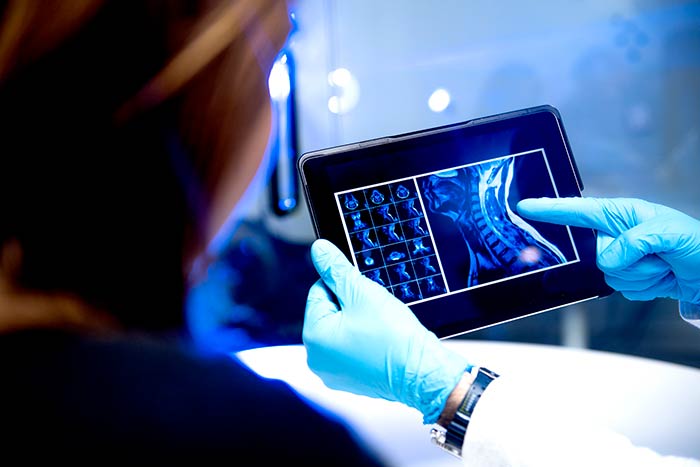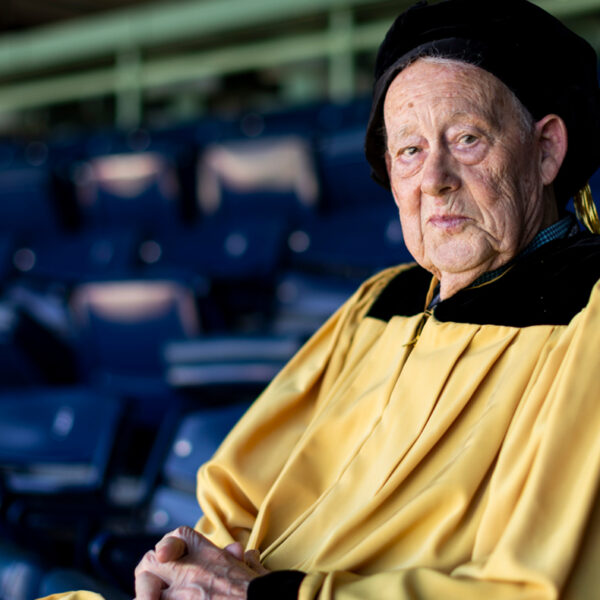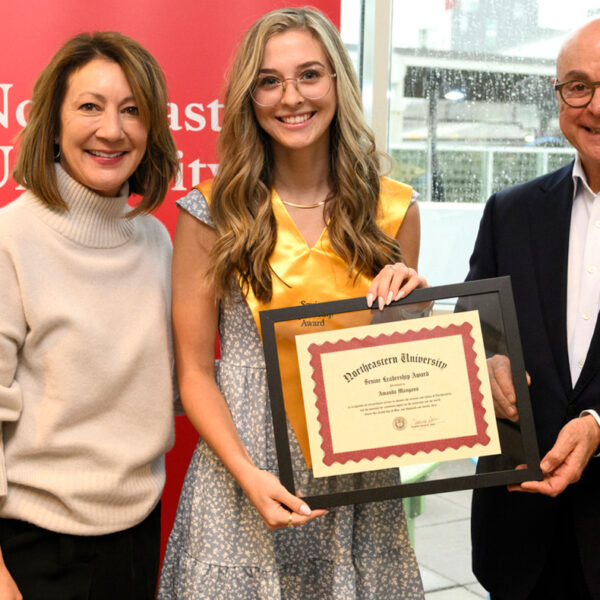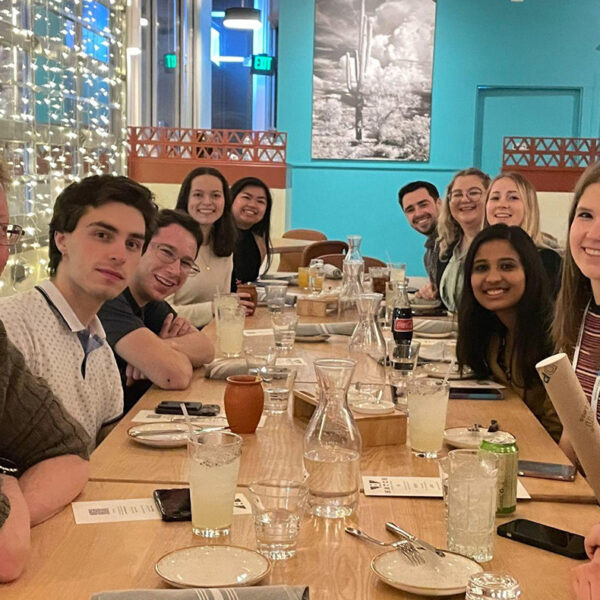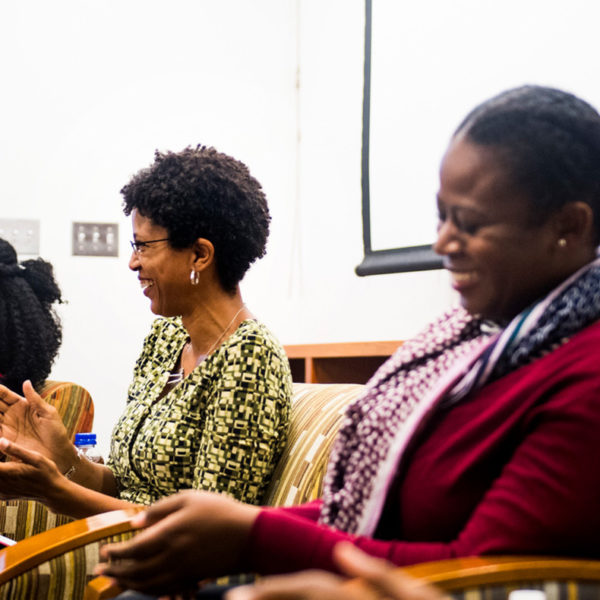Biochemistry
Making sense out of life
The Northeastern biochemistry program explores how cell structure, chemical bonds and energy transformations impact our understanding of the mechanisms of life and provide a strong foundation for a host of impactful careers in the life sciences.
A person has many trillions of cells in their body and at any given time, there are thousands of biochemical reactions taking place within those cells, even when the body is asleep. There are so many important jobs to be done – you are truly never at rest!
Your heart rate speeds up after you hear a loud noise. Your eyes are able to see what’s around you. Your blood sugar level lets you know whether you should break down that fuel and use it now, or whether you should store it in your muscles for later. How do these signals have meaning inside of us? Biochemists study these reactions and many more.
Understanding biochemical processes is a crucial step in problem-solving some of the world’s greatest challenges – disease, hunger, pollution. The success of vaccines to mitigate illnesses like smallpox, influenza, and coronavirus are examples that show how important it is to have a deep understanding of how diseases work and how they can be targeted.
Diversity & Inclusion
The College of Science supports a culture where each person feels they belong, regardless of race, color, religion, religious creed, genetic information, sex, gender, gender identity, sexual orientation, age, national origin, ancestry, veteran or disability status. We celebrate the diversity of our community, and we seek to expand representation to further excellence. We commit to be a College where members act with respect, trust, collaboration, and communication, and where inappropriate behavior is reported and acted on without fear of retaliation.
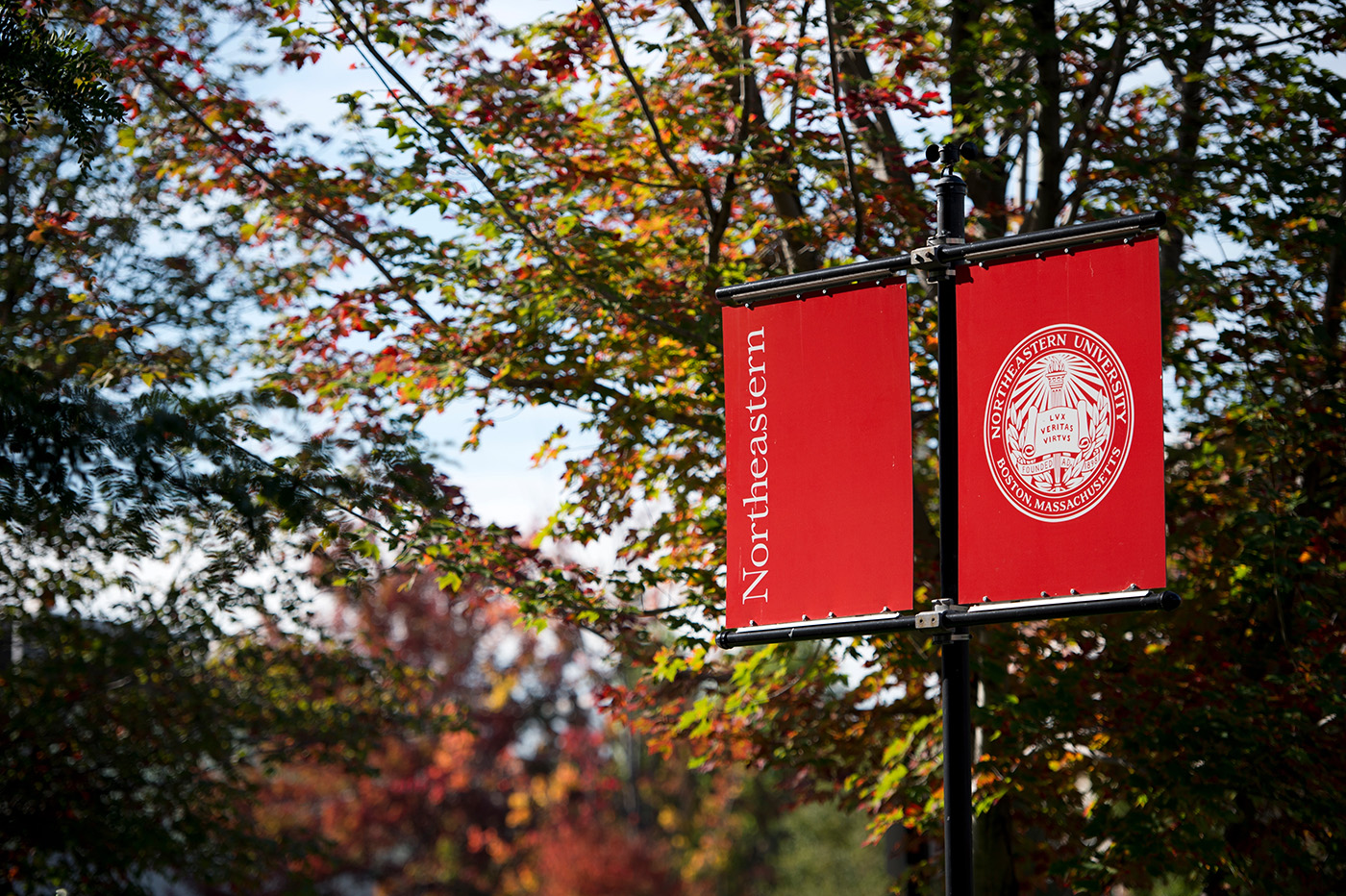
People
Research Opportunities
Biochemistry research is interdisciplinary by nature, and there’s a broad array of laboratory research opportunities to explore here on campus, as well and nationally and internationally. Learn more about your research options for co-op, summer research, and more!
Discover Research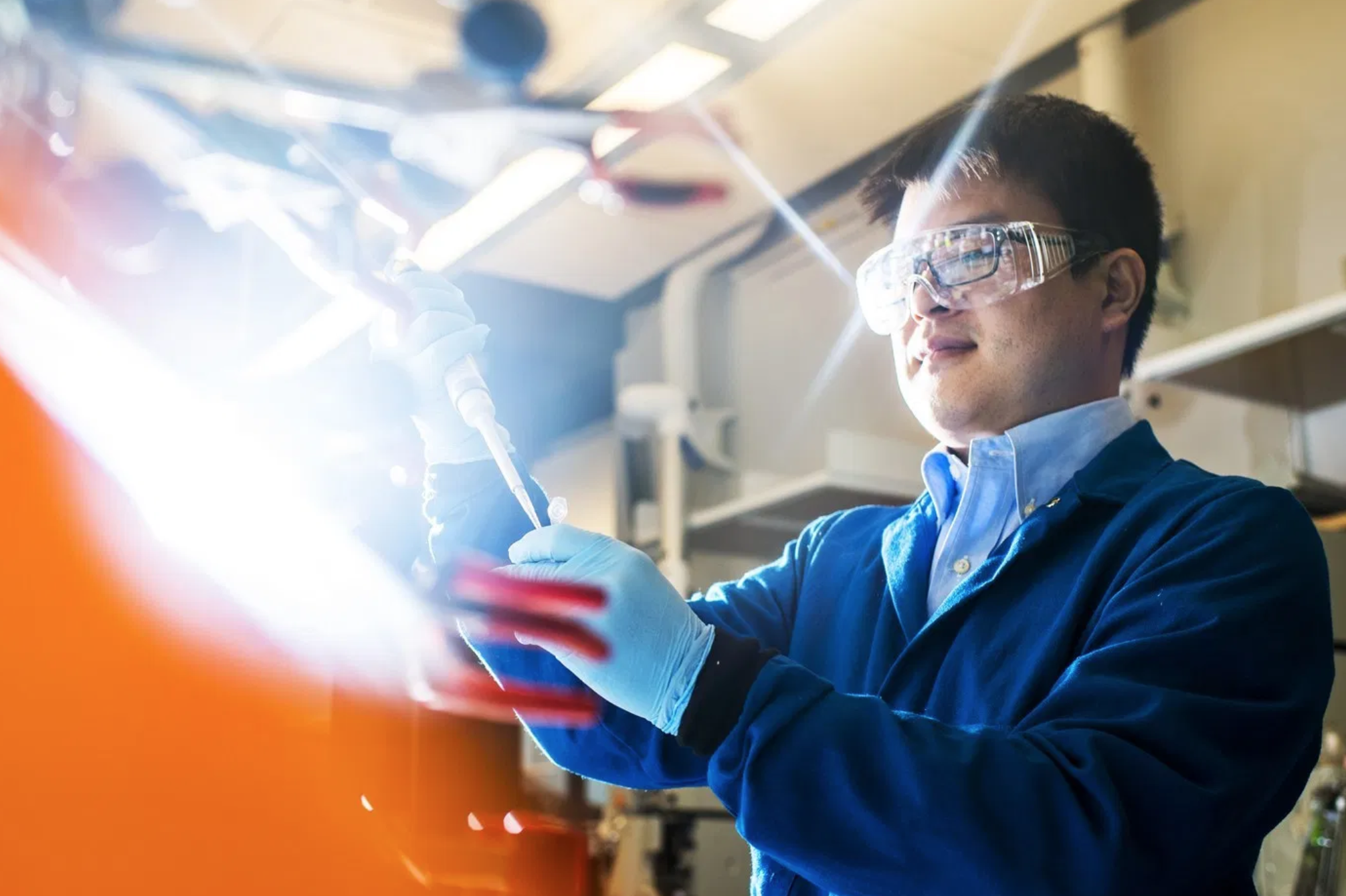
Integrates molecular biology and biochemistry in the cellular context. Focuses on the organization and function of eukaryotic cells, including the regulation of nuclear structure and gene expression, signal transduction, protein synthesis and growth, cellular energetics, the cytoskeleton and cell motility, cell division, and cell death. Emphasizes the scientific methodologies and approaches that underlie discovery in cell biology.
Focuses on mechanisms of inheritance, gene-genome structure and function, and developmental genetics and evolution. Examples are drawn from the broad spectrum of plants, animals, fungi, bacteria, and viruses. Topics and analytical approaches include transmission genetics, molecular biology and gene regulation, DNA molecular methods, quantitative and population genetics, bioinformatics, genomics, and proteomics.
Introduces protein chemistry in the context of molecular medicine. Discusses analytical methods used to elucidate the origin, structure, function, and purification of proteins. Surveys the synthesis and chemical properties of structurally and functionally diverse proteins, including globular, membrane, and fibrous proteins. Discusses the role of intra- and intermolecular interactions in determining protein conformation, protein folding, and in their enzymatic activity.
